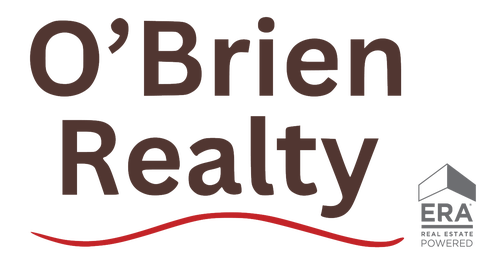If you’re in the market for a new home, the first thing you need to do is determine your price range. Here are a few tips to consider when estimating how much house you can afford.
Use your salary as a guide. While estimates vary depending on whom you ask, a good rule is to search for homes that are about 2.5 times your household annual income (pre-tax). If you have very little debt, you can increase that number a little.
Calculate your DTI. When you apply for a mortgage, lenders will look at your debt-to-income ratio (DTI) – essentially, how much you earn versus how much you owe. The lower your DTI, the better (most lenders like to see a ratio of about 43% or less). By calculating your DTI in advance, you’ll have a better idea of what you might expect in terms of a loan.
Set aside money for additional costs. Closing costs can be as much as 5% or 6% of your loan amount, so you’ll need to include that as part of your home buying budget.
Keep in mind, too, that once you’re settled in your new home, there will be expenses other than just your mortgage to consider. Build in a monthly amount for home repairs and maintenance.
The second component is determining how much you need for a downpayment. While everyone’s home buying situation is different, here’s what you can expect to pay upfront for your first home.
What is a down payment? When applying for a mortgage, the down payment is the upfront contribution you pay toward the purchase of a home. You may have heard that lenders require a 20% down payment, but that’s actually just the threshold many use for requiring mortgage insurance on a conventional home loan.
How much do you really need? Realistically, most first-time buyers need at least 3% down for a conventional mortgage loan or 3.5% for an FHA loan. That means you’d need to save between $10,500 and $12,250 to purchase a $350,000 home. Bear in mind that you will have to put at least 20% down on your mortgage loan to avoid having to pay private mortgage insurance (PMI), which protects the lender if you default on your mortgage loan.
Do you always need a down payment? Certain federal home loan programs (VA or USDA) allow nothing down, but these have special requirements. In some instances, first-time buyers qualify for federal- or state-funded down payment assistance, so be sure to ask your real estate agent or lender what help is available.
Remember that you shouldn’t invest all of your savings into a down payment, either – set aside money for closing costs, moving and post-move repairs.


 Facebook
Facebook
 X
X
 Pinterest
Pinterest
 Copy Link
Copy Link

